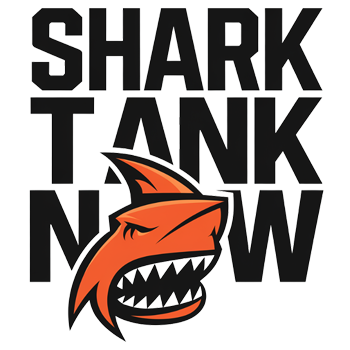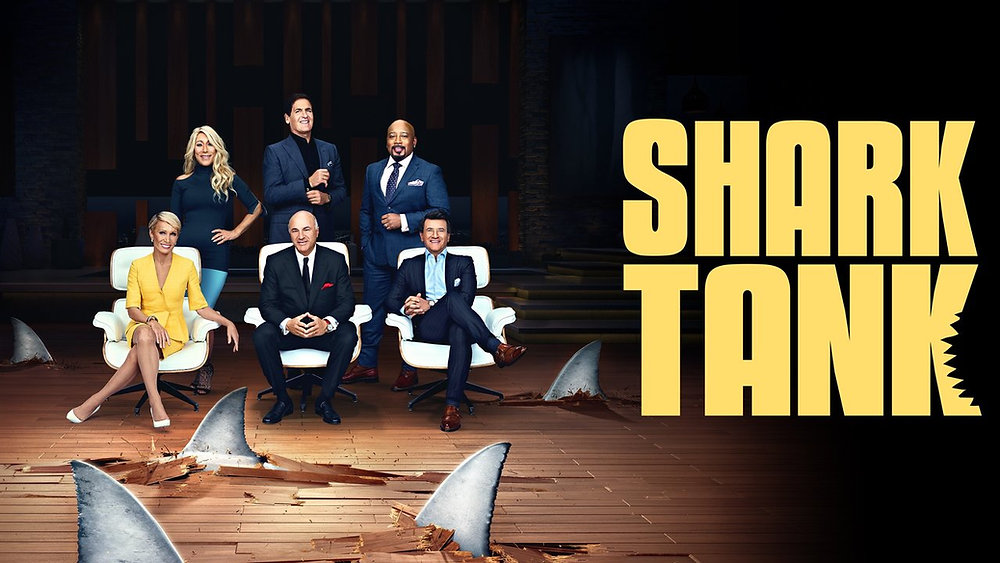When you think of Shark Tank, the first things that come to mind are innovative gadgets, game-changing services, or quirky products that solve everyday problems. Rarely do you think of a rock band pitching their music as an investment opportunity. That’s exactly what made Cab 20’s appearance on Shark Tank Season 3 so unique. As the first-ever band to pitch on the show, Cab 20 captured the attention of viewers and Sharks alike with their raw garage rock sound and ambitious vision. But their journey was anything but smooth sailing.
Let’s dive into the story of Cab 20, their groundbreaking pitch, and what happened after they left the tank without a deal.
The Band and Their Vision
Cab 20 was a Southern California-based indie rock band founded in 2010 by Bert Hoover, an 18-year-old music prodigy. Hoover, along with Eric Contreras on drums and Patrick Salmon on bass, created a sound that blended blues, classic rock, and stoner rock. Their music drew comparisons to iconic bands like The Black Keys and Queens of the Stone Age. Managed by veteran music promoter Tom Callahan, who had over 25 years of experience working with artists like Lenny Kravitz and Shania Twain, Cab 20 aimed to disrupt the traditional music industry model.
Callahan believed Cab 20 had the “it factor” that could make them a breakout success. However, instead of relying solely on record labels or crowdfunding campaigns, he decided to take an unconventional route: pitching the band as a business investment on Shark Tank. The goal? To secure funding that would help propel Cab 20 into stardom while maintaining their independence from major labels.
The Shark Tank Pitch
Cab 20’s appearance aired during Season 3, Episode 14 of Shark Tank. Callahan entered the tank seeking $200,000 in exchange for 20% equity in the band’s future royalty streams. This valuation placed Cab 20 at $1 million—a bold move for an indie band still building its audience.
The pitch began with a live performance by Cab 20, showcasing their gritty sound and energetic stage presence. The Sharks were impressed by their talent, but things took a turn when Callahan outlined the terms of the deal. He proposed that investors would receive a share of all revenue streams except publishing rights—royalties earned from songwriting.
This exclusion raised red flags for the Sharks. Publishing rights are often one of the most lucrative aspects of a musician’s income, and leaving them out made the deal less attractive. Kevin O’Leary voiced his concerns about the risks of investing in a band, noting that very few ever achieve significant financial success. Mark Cuban echoed these sentiments, describing the music industry as notoriously challenging.
Despite these reservations, O’Leary made an offer: $200,000 for 50% equity in all revenue streams. Callahan countered with $300,000 for 40%, but O’Leary held firm. Robert Herjavec expressed interest in partnering with O’Leary but stuck to the original terms. After consulting with the band members backstage, Callahan returned with a final counteroffer: $250,000 for 50%. However, neither Shark budged, and Cab 20 ultimately walked away without a deal.
Detailed Data-Rich Table
| Category | Details |
|---|---|
| Product Name | Cab 20 |
| Founders/Manager | Bert Hoover (Founder), Tom Callahan (Manager) |
| Season & Episode | Season 3, Episode 14 |
| Ask (Investment & Equity) | $200,000 for 20% equity in royalty streams |
| Final Deal | No deal |
| Shark(s) Involved | Kevin O’Leary (offer), Robert Herjavec (interest) |
| Memorable Episode Moments | Live performance; debate over excluding publishing rights |
| Current Net Worth | Unavailable (band dissolved in 2014) |
| Current Business Status | Dissolved |
| Revenue Since Shark Tank | Limited; three albums released before disbanding |
| Social Media Presence | Inactive since 2014 |
| Key Achievements | First band to pitch on Shark Tank; exposure to millions of viewers |
Life After Shark Tank
Although Cab 20 didn’t secure a deal on Shark Tank, their appearance gave them significant exposure. Millions of viewers were introduced to their music, and they reportedly engaged in discussions with record labels and agencies following the show. However, these talks failed to materialize into any concrete opportunities.
The band went on to release three albums between 2012 and 2013 but struggled to maintain momentum in an increasingly competitive and digital-driven music industry. By August 2014, Cab 20 had disbanded without any formal announcement. Their website went offline, and their social media accounts became inactive.
Lead singer Bert Hoover continued his musical journey by forming a new psych-rock band called Hooveriii. Meanwhile, Tom Callahan shifted his focus to providing music and media consulting services.
Challenges Faced
Cab 20’s story highlights some of the key challenges faced by independent artists:
- Financial Hurdles: Recording costs, touring expenses, and marketing efforts can quickly drain resources for indie bands.
- Industry Competition: Breaking through in a saturated market requires not only talent but also strategic partnerships and consistent promotion.
- Risk Aversion: Investors are often wary of funding creative ventures like music due to their unpredictable nature.
- Missed Opportunities: Excluding publishing rights from their pitch likely deterred potential investors who saw it as limiting long-term profitability.
Current Status
As of January 2025, Cab 20 remains inactive. While Bert Hoover has found success with his new band Hooveriii—releasing singles and performing live—Cab 20’s legacy is largely confined to their brief moment in the spotlight on Shark Tank. The financial details surrounding their post-show endeavors remain undisclosed.
Lessons Learned
Cab 20’s journey offers valuable insights for aspiring entrepreneurs and artists:
- Exposure Matters: Their appearance on Shark Tank introduced them to millions of potential fans—a level of visibility that would have been difficult to achieve otherwise.
- Strategic Planning is Key: Excluding publishing rights from their pitch may have been a misstep that cost them investor interest.
- Adaptability is Crucial: The band struggled to pivot effectively after failing to secure funding or record label deals.
Conclusion
Cab 20’s story is one of ambition, creativity, and resilience in the face of adversity. While they didn’t achieve lasting success as a band, their groundbreaking appearance on Shark Tank remains a notable moment in both television and music history.
For aspiring musicians considering unconventional funding routes like venture capital or reality TV exposure, Cab 20 serves as both an inspiration and a cautionary tale. Their experience underscores the importance of balancing artistic vision with sound business strategy—a lesson that resonates far beyond the world of music.
Though Cab 20 is no longer active as a band, their bold approach continues to inspire others to think outside the box when chasing their dreams. And who knows? Perhaps one day we’ll see another group take up where they left off—proving that even in failure lies opportunity for reinvention.

